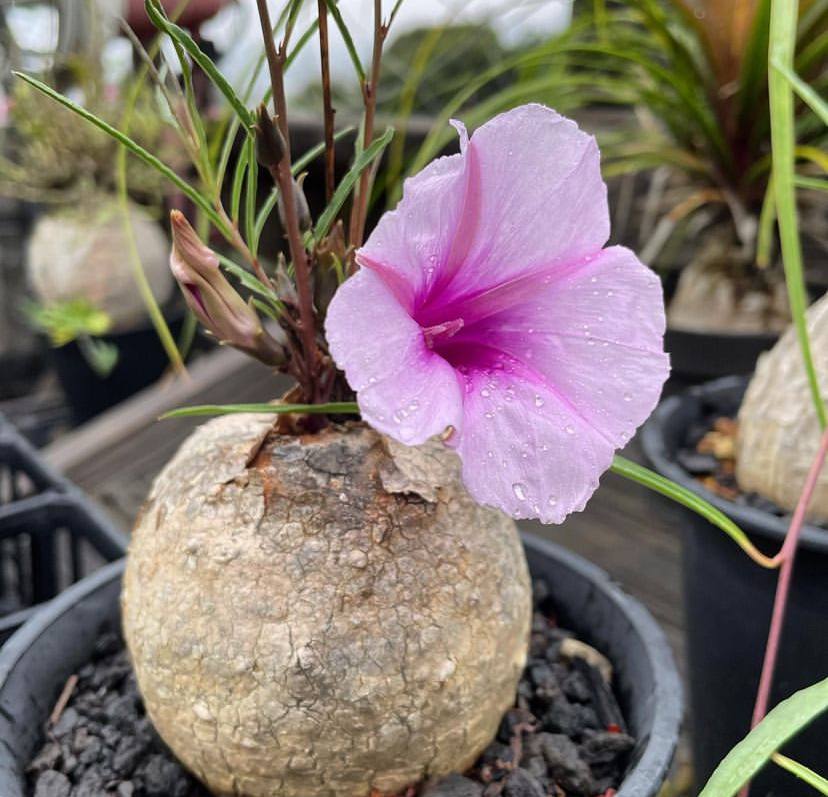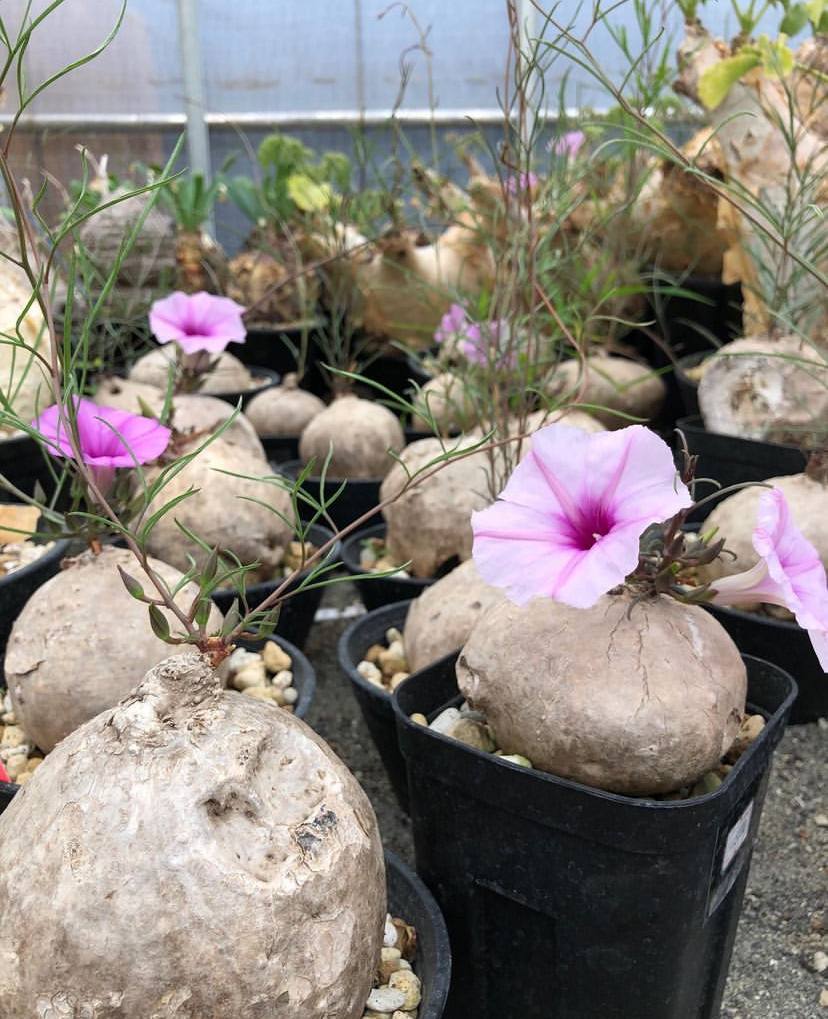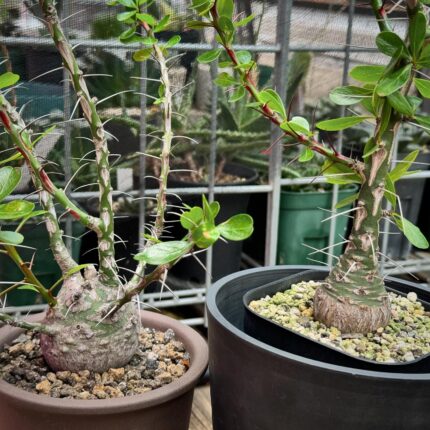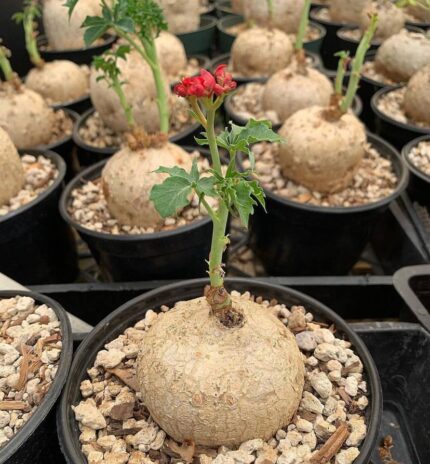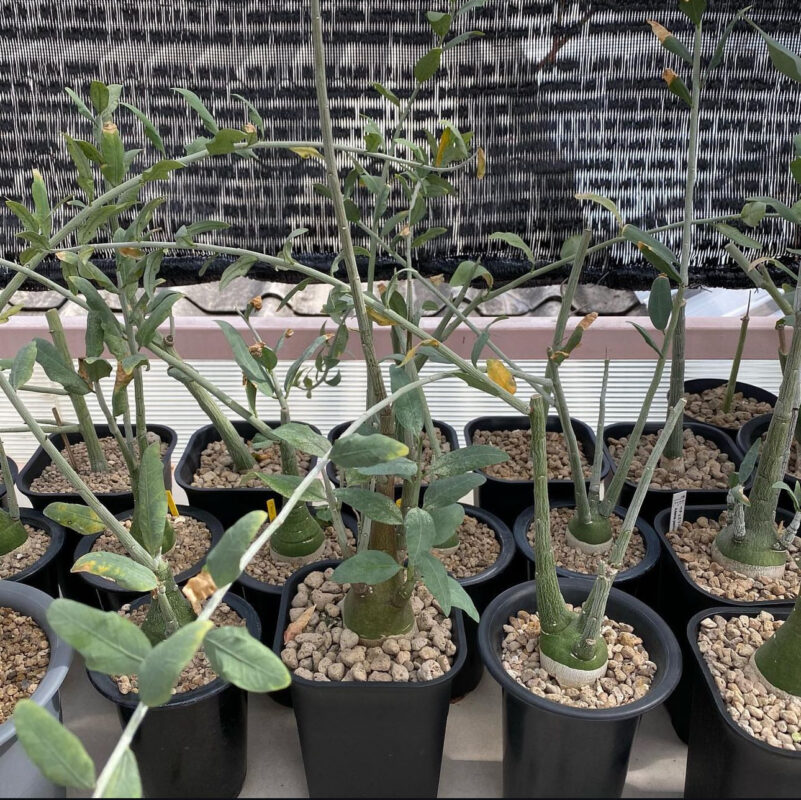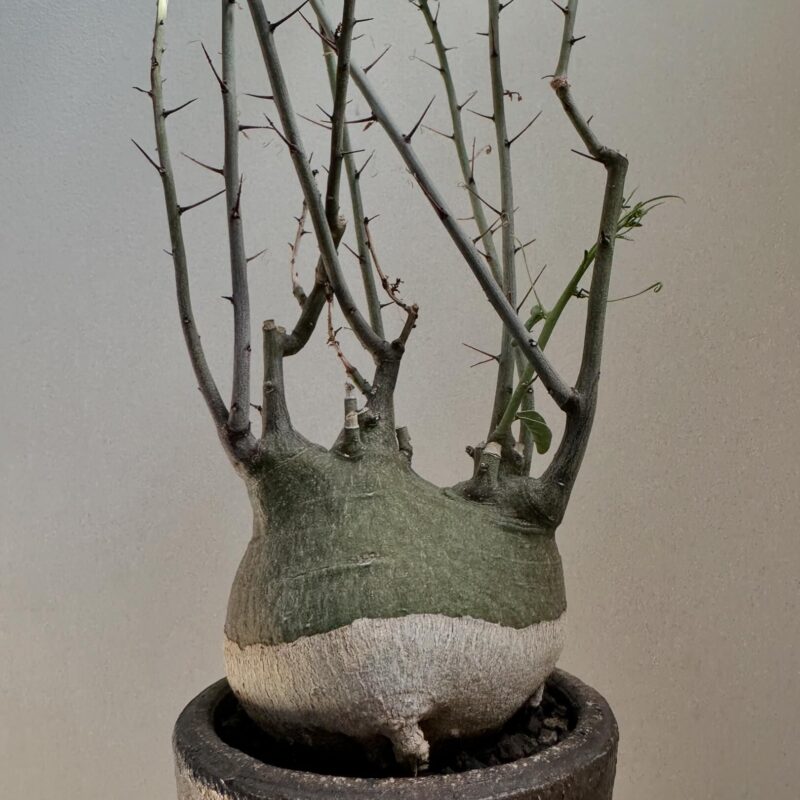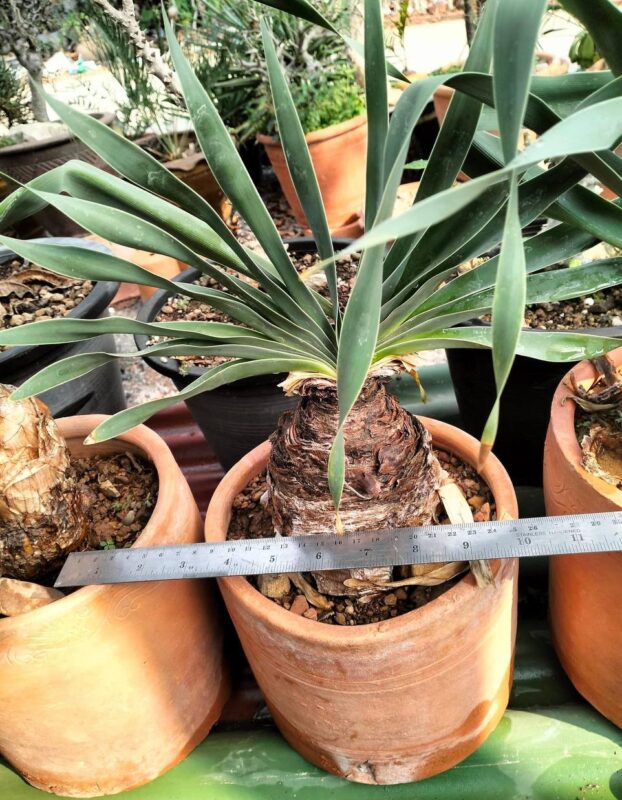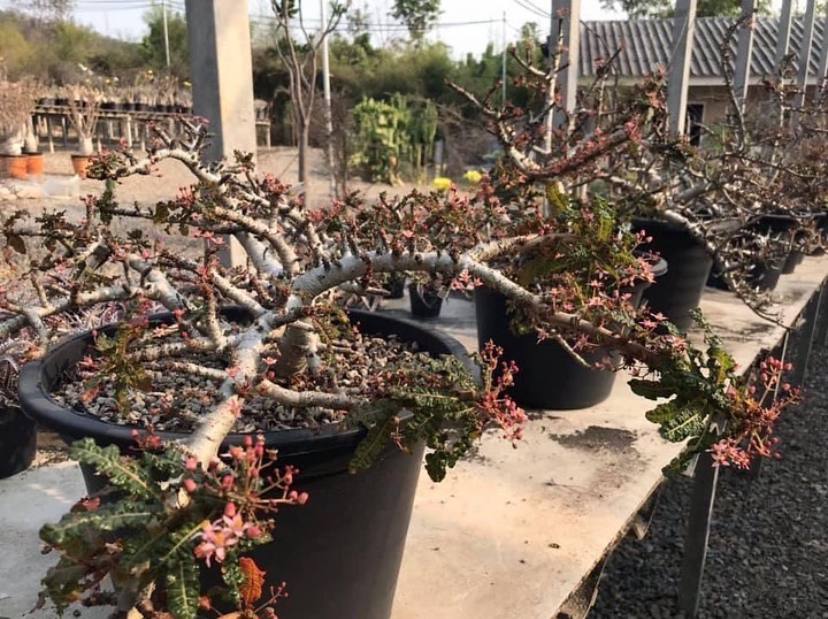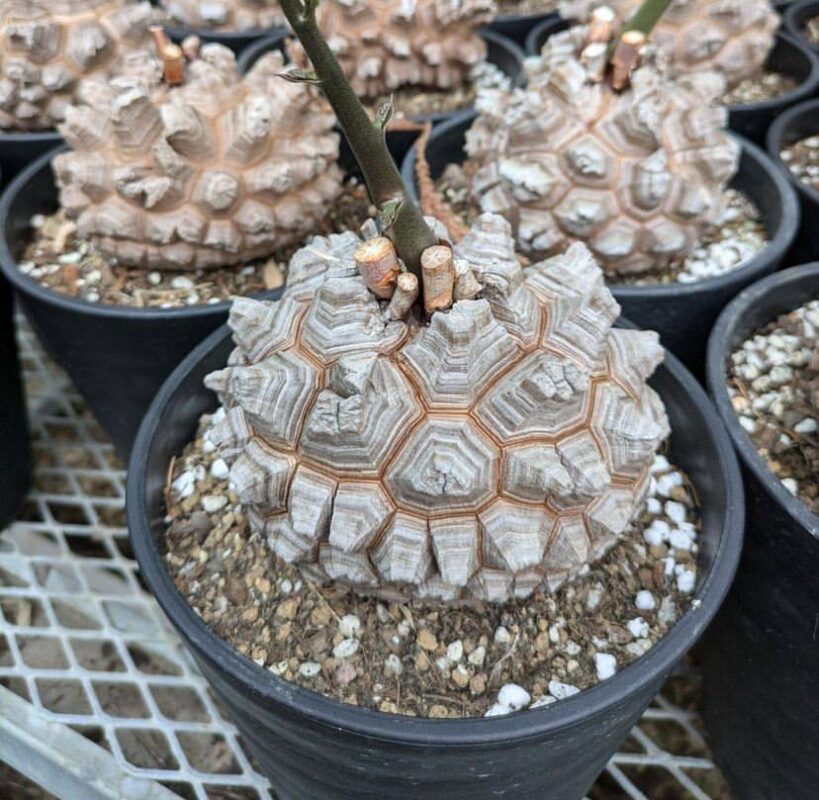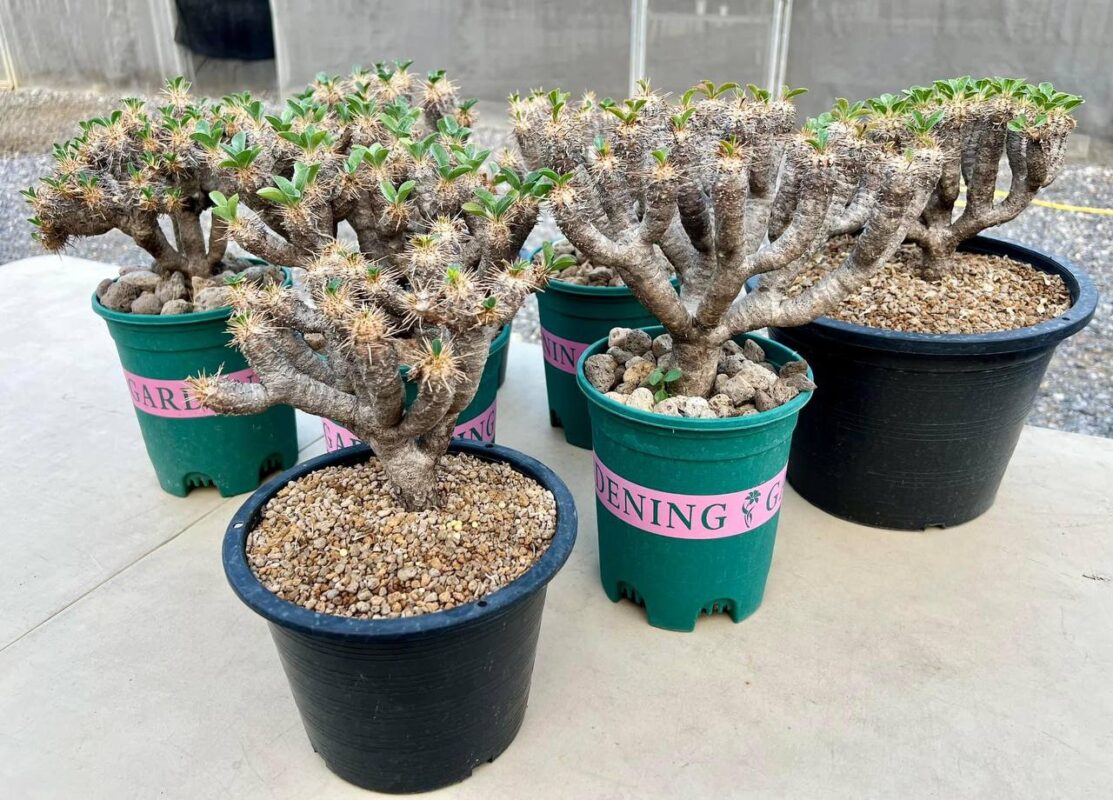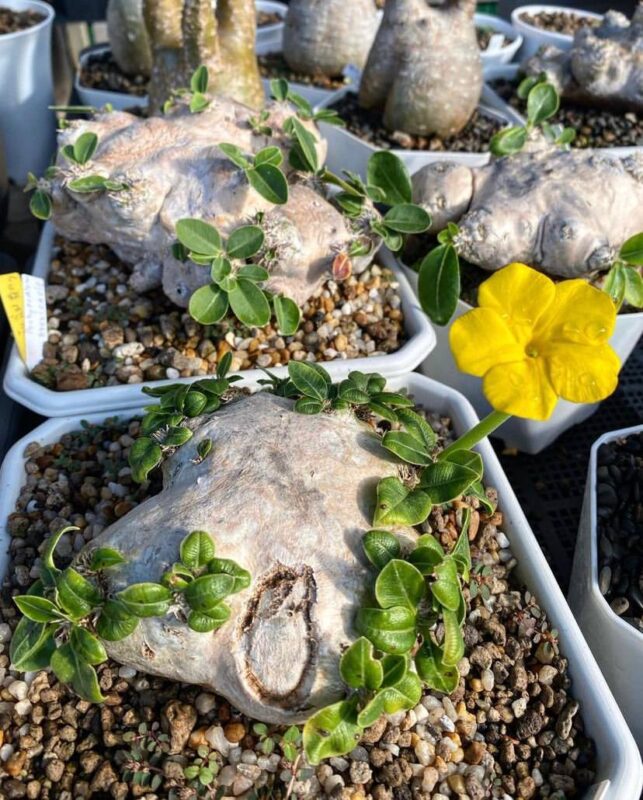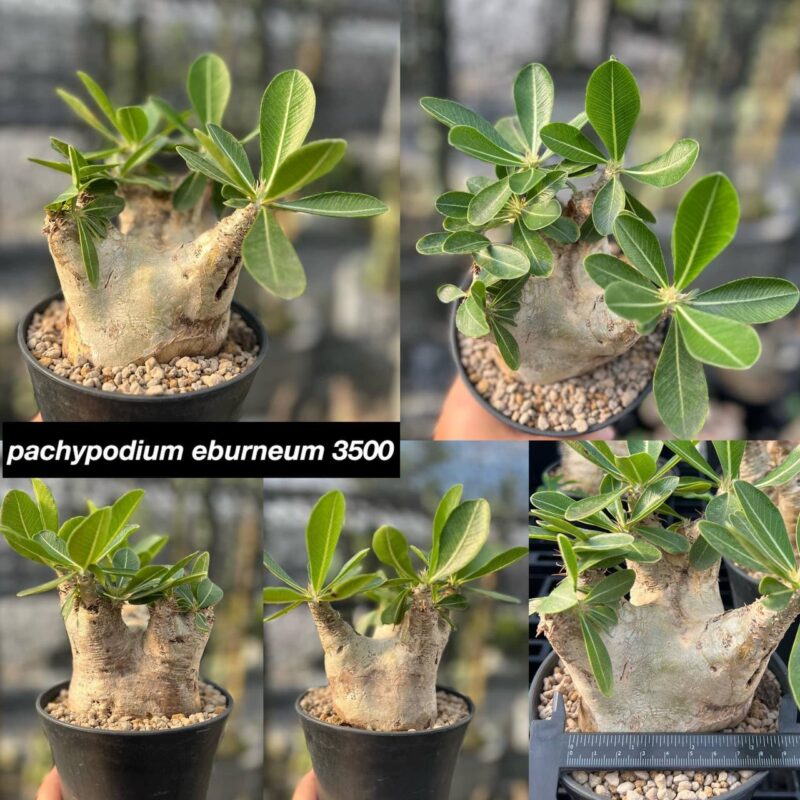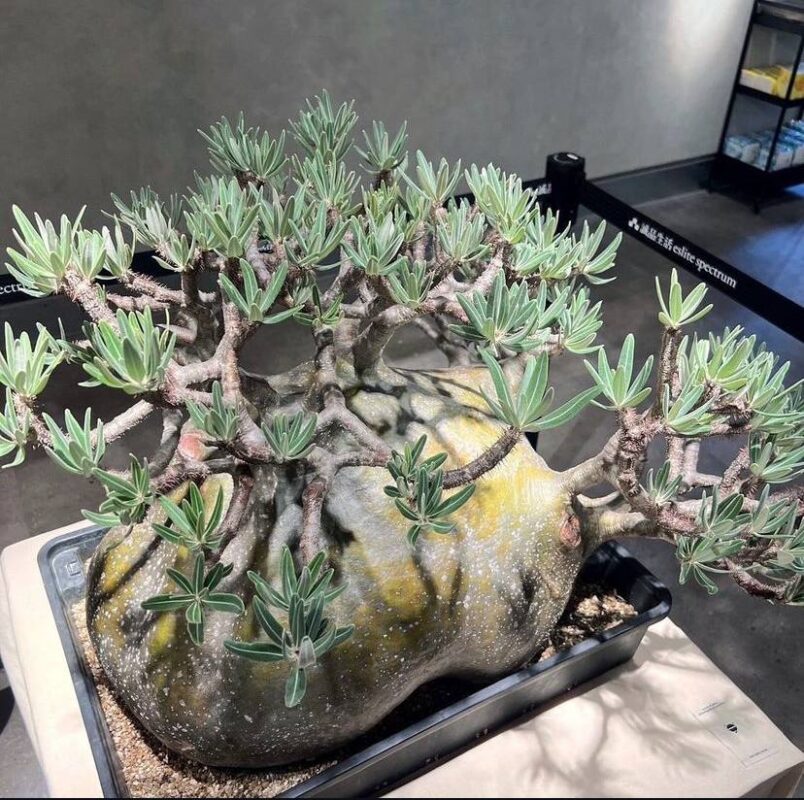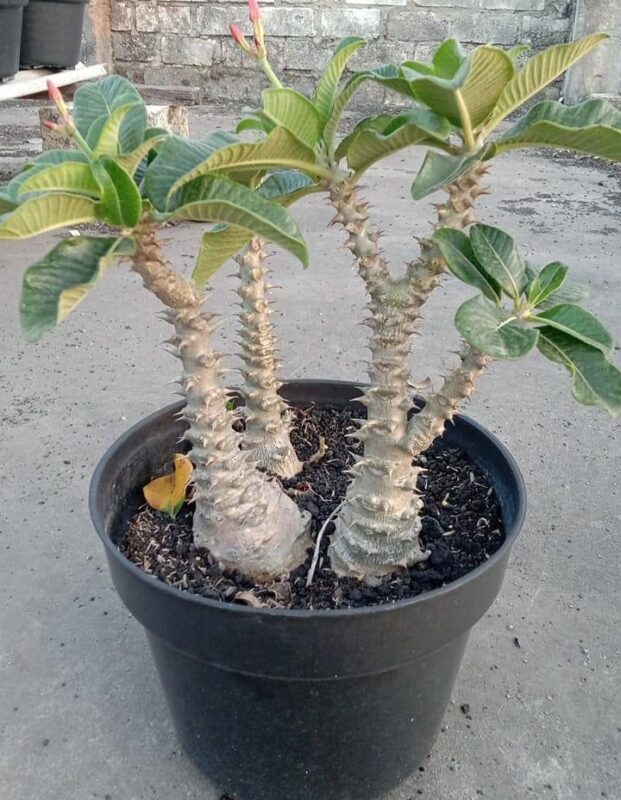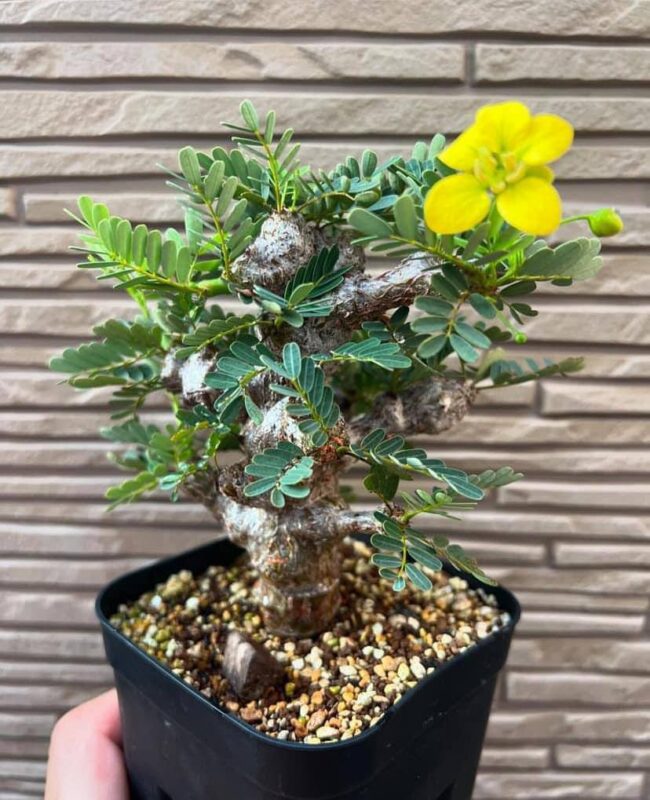Growing ipomoea holubii
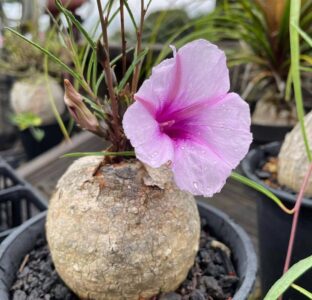
Ipomoea holubii for sale
Growing Ipomoea Holubii:
A Comprehensive Guide
Introduction to Ipomoea Holubii
Ipomoea holubii, commonly known as the Florida morning glory, is a captivating perennial vine belonging to the Convolvulaceae family. Renowned for its striking blooms and robust growth, this species has gained popularity among gardeners and horticulturists alike. This article will explore the unique characteristics, cultivation techniques, and ecological importance of Ipomoea holubii, providing a comprehensive resource for enthusiasts and professionals.
Characteristics of Ipomoea Holubii
Appearance
Ipomoea holubii features heart-shaped leaves that can reach up to 5 inches in length, giving it a lush, tropical appearance. The plant produces vibrant, funnel-shaped flowers that range in color from deep blue to purple, with a white throat. These flowers bloom primarily in the morning and close by the afternoon, adding a dynamic touch to any garden.
Growth Habit
As a vigorous vine, Ipomoea holubii can grow up to 10 feet in length, making it an excellent choice for trellises, arbors, or as ground cover. Its climbing ability allows it to quickly cover structures, creating a stunning visual display.
Cultivation of Ipomoea Holubii
Ideal Growing Conditions
To thrive, Ipomoea holubii prefers:
- Sunlight: Full sun to partial shade, ideally receiving at least 6 hours of sunlight per day.
- Soil: Well-draining soil rich in organic matter. A pH of 6.0 to 7.0 is optimal.
- Water: Regular watering, especially during dry spells, but avoid waterlogging.
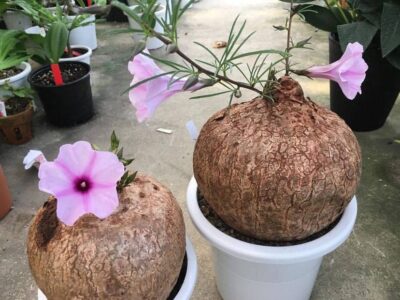
Growing ipomoea holubii
Planting Ipomoea Holubii
- Site Selection: Choose a location that provides ample sunlight and support for the vine to climb.
- Soil Preparation: Amend the soil with compost to enhance nutrient content and drainage.
- Planting:
- For seeds: Plant them 1 inch deep in the spring after the last frost.
- For transplants: Space them 12 to 18 inches apart, ensuring adequate room for growth.
Care and Maintenance
- Watering: Keep the soil consistently moist but not soggy. Drip irrigation works well for providing even moisture.
- Fertilization: Use a balanced fertilizer every 4-6 weeks during the growing season to encourage vibrant blooms and healthy foliage.
- Pruning: Regularly prune to remove dead or damaged growth, which promotes airflow and encourages new growth.
Propagation Techniques
Seed Propagation
Ipomoea holubii can be propagated from seeds, which should be soaked for 24 hours before planting to enhance germination rates.
Cutting Propagation
For a quicker method, cuttings can be taken from healthy vines in spring or summer. Place cuttings in a moist potting mix and keep them in a warm environment until roots develop.
Pests and Diseases
Ipomoea holubii is generally resistant to pests and diseases but can occasionally suffer from:
- Aphids: Monitor for infestations and treat with insecticidal soap.
- Powdery Mildew: Ensure proper air circulation and avoid overhead watering to prevent this fungal issue.
Ecological Importance
Attracting Pollinators
The vibrant flowers of Ipomoea holubii are a magnet for pollinators such as bees and butterflies. By planting this species, gardeners can contribute to local biodiversity and support pollinator populations.
Soil Erosion Control
Growing ipomoea holubii
As a ground cover, Ipomoea holubii helps prevent soil erosion by stabilizing the soil with its extensive root system, making it a beneficial choice for landscaping on slopes or other vulnerable areas.
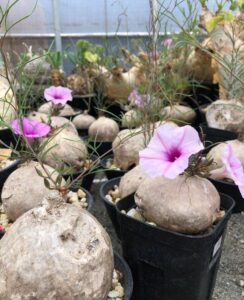
Growing ipomoea holubii
Landscaping Ideas with Ipomoea Holubii
Vertical Gardens
Use Ipomoea holubii to create stunning vertical gardens. Its climbing nature makes it perfect for trellises, pergolas, or fences, adding vertical interest to your outdoor space.
Container Planting
This vine also thrives in containers, allowing you to add color to patios or balconies. Ensure the container has adequate drainage holes and use a lightweight potting mix.
Conclusion

Ipomoea holubii for sale
Growing Ipomoea holubii is a rewarding endeavor for any gardener. With its vibrant blooms, ease of care, and ecological benefits, this vine can enhance any garden landscape. Whether you’re looking to attract pollinators or simply enjoy its beauty, Ipomoea holubii is a fantastic choice for both novice and experienced gardeners alike.
Final Tips
- Always check local regulations regarding planting non-native species to ensure you’re supporting local ecosystems.
- Consider companion planting with other flowering plants to create a biodiverse and colorful garden.

